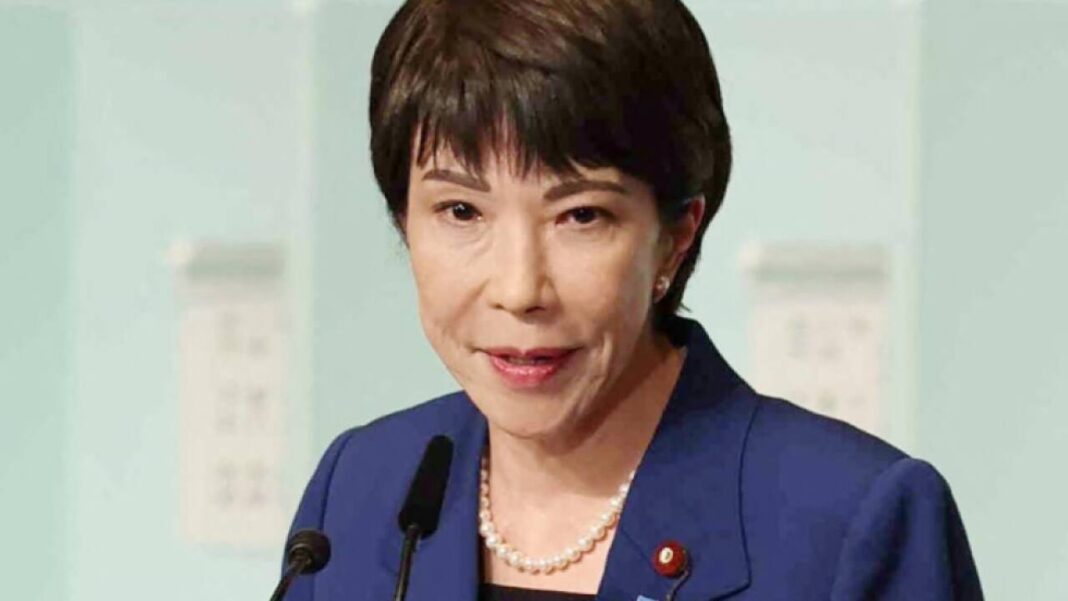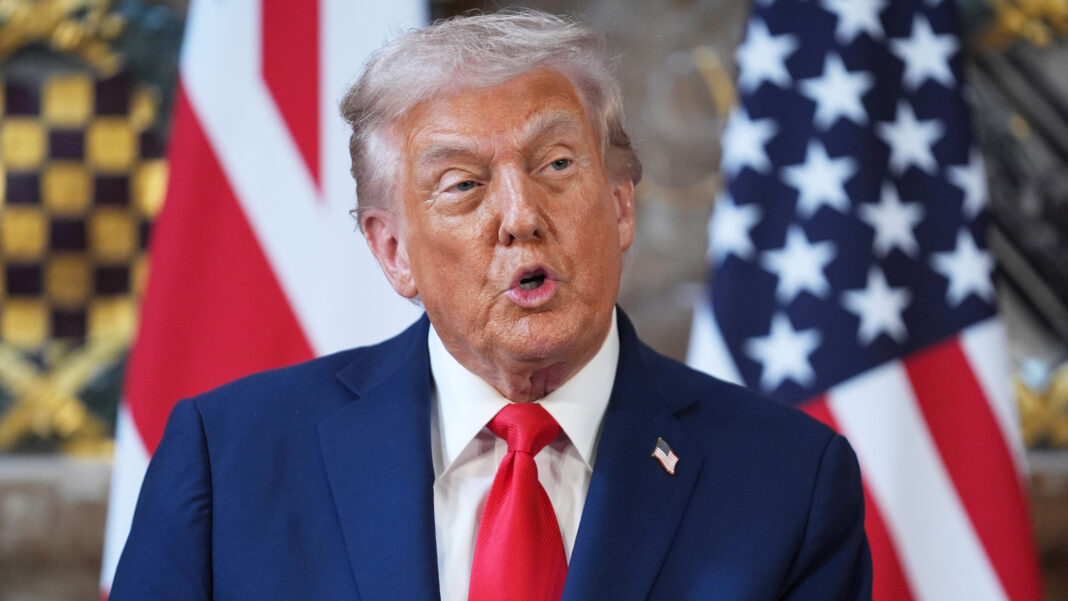Osmond ChiaBusiness reporter
Japanese stocks have hit a record high after the country’s ruling Liberal Democratic Party (LDP) named Sanae Takaichi as its new leader, positioning the pro-business politician to be Japan’s next prime minister.
The benchmark Nikkei 225 index closed 4.75% higher on Monday, ending the day above 47,000 for the first time.
Takaichi, who has held senior government roles including minister for economic security and internal affairs, is known for her support of higher government spending and lower borrowing costs.
She is also a long-time admirer of former UK prime minister Margaret Thatcher and her free market approach to economics.
Investors welcomed the announcement of her victory in the LDP leadership race, with shares rising in real estate, technology and heavy industry companies.
While the Japanese stocks rose, the yen hit a record low against the euro and dropped by 1.7% against the US dollar.
Monday’s market response was largely a “knee-jerk reaction” to the potential appointment of Takaichi as prime minister, Japan economist Jesper Koll told the BBC.
While her policy proposals to stimulate the economy through increased government spending could benefit businesses, they may further weaken the yen as Japan’s debt rises, said Mr Koll.
If confirmed later this month as the successor to Shigeru Ishiba, Takaichi will be Japan’s first female prime minister.
Mentored by late Prime Minster Shinzo Abe, she has championed his economic vision – known as Abenomics – of high public spending and cheap borrowing.
If confirmed in the role, Takaichi will have to navigate a challenging US-Japan relationship and see through a tariff deal with US President Donald Trump’s administration, which was previously agreed by the Ishiba government.
She would also have to contend with a sluggish economy and households grappling with higher costs and slow wage growth.
With Trump expected to visit Japan later this month, Mr Koll said Takaichi will be eager to negotiate a new agreement with the US president “to get the dollar down and to get the yen up.”





